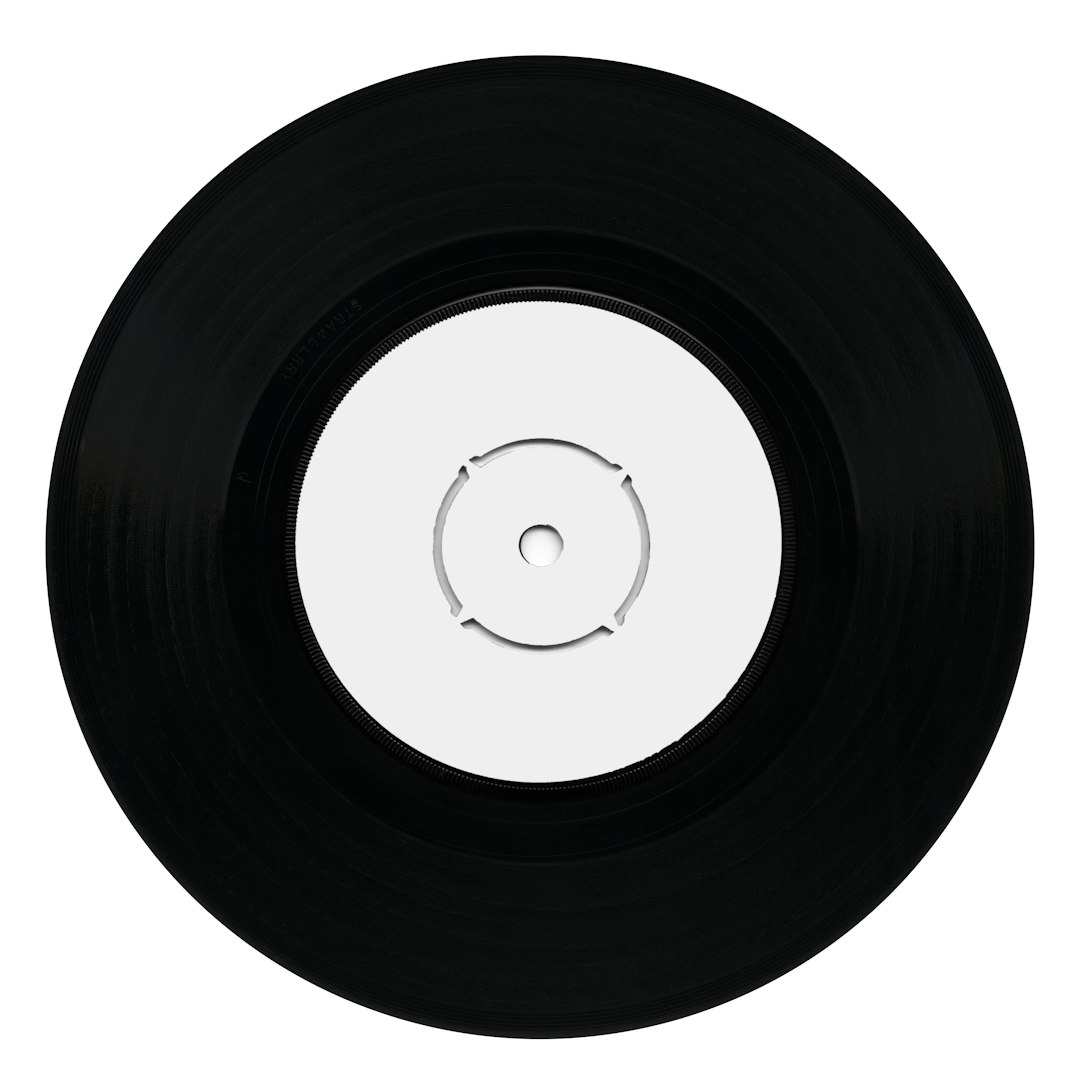Table of Contents
Ever heard someone say, “Just throw a compression plug on it,” and thought, “Wait, what?” You’re not alone. The term compression plug gets thrown around a lot—especially in audio, tech, and even day-to-day geek lingo. But what does it really mean? Depending on who’s talking, it can mean something entirely different. Let’s break it down the fun way.
One Phrase. Two Worlds.
“Compression plug” can mean two radically different things depending on the context:
- In Audio: It’s short for a compression plugin.
- In Data or Web Tech: It might refer to gzip compression functionality—usually in server settings or build tools.
Two worlds. Two meanings. Same phrase.
Let’s Start with Music: Audio Compression Plugins
In the world of sound, a compression plugin is an effect used in music production. If you’ve ever tried recording music, you’ve seen one. Ever wondered why a podcast doesn’t swing between whisper-quiet and ear-shattering? Thank compression.
A compressor plugin does one main thing: controls loudness. It balances the volume so that everything sounds smoother.
Imagine This:
You’re listening to a song. The singer suddenly belts out a high note. Your ears ring. That’s where a compressor steps in and says, “Whoa, not so loud!” It brings the peaks down and the low parts up—keeping the sound more even.
This is what audio folks usually mean when they say “compression plug.” Short and sweet.

Audio Compression Plug-ins: What They Actually Do
- Control Dynamic Range: Makes loud parts quieter and quiet parts louder.
- Add Punch: Especially useful for drums, vocals, and bass.
- Glue Sounds Together: Blends tracks into a consistent sound.
People love them because they make music sound professional. Yes, even that karaoke track you recorded in your closet can shine with a little compression magic.
Enter the Web: Gzip Compression
Now let’s jump to the internet side of things. Suppose you’re having a chat with a web developer. They say, “We need to add a compression plug to reduce load time.” Are they talking about a compressor plugin from a music library? Not a chance.
They probably mean Gzip compression. Let’s unpack that.
Gzip: The Web’s Invisible Shrink Ray
Gzip is a form of file compression. Think of it like zipping your folders on a computer. Gzip takes HTML, CSS, and JavaScript files and makes them smaller. Much smaller.

When a browser visits your website, smaller files mean faster load times. Faster load times mean happy users. And happier users mean better SEO. Win-win-win!
In Developer Speak:
- “Enable compression plug” = Turn on Gzip or Brotli in the server settings.
- “Compression ready” = Your site is prepped to deliver compressed files.
- “Compression not enabled” = Uh-oh. Your page loads slow.
So Why the Confusion?
Because nobody says the full phrase! People just say “compression plug,” assuming you know which one they’re talking about.
If you’re on a music forum, it’s probably an audio compressor plugin.
If you’re in a developer Slack thread, it’s likely referring to Gzip compression. Same phrase. Totally different tool.
The Big Differences Side-by-Side
| Feature | Audio Compression Plugin | Gzip Compression |
|---|---|---|
| Purpose | Balance loud and soft parts in audio | Reduce file sizes for faster web pages |
| Used By | Music producers, sound engineers | Web developers, system admins |
| How It Works | Dynamic adjustment of audio signal levels | Algorithmic reduction of byte data |
| Common Tools | Waves, FabFilter, Logic Pro plugins | Gzip, Brotli, Apache, Nginx settings |
When Developers Talk Compression Plugins
To make it even more fun (or confusing), web developers sometimes use compression plugins in their build tools. These aren’t audio plugins either. They’re just small programs that run in systems like:
- Webpack
- Node.js
- Vite
These plugins automatically compress assets during the build. It’s Gzip—but automated like magic.
The Beautiful Coincidence
Here’s a fun little twist: Both kinds of compression make things more manageable.
- One makes audio easier to hear.
- The other makes files easier to send.
Different worlds, same goal: improvement.
How Not to Sound Confused
Want to sound like a pro? Use the full terms when you can:
- Say “audio compression plugin” when talking music.
- Say “Gzip compression” or “build compression plugin” when talking development.
People will thank you. Or at least nod in understanding.
Geeky Tip of the Day
If you’re unsure what someone means, just ask: “You mean like an audio compressor or like Gzip?” Simple. Direct. Saves everyone time.
Wrapping It Up
So whether you’re jamming out in your home studio or optimizing your website’s load time, there’s a compression plug for that. But they’re not the same thing. Not even close.
Moral of the story: Context is king. Next time you hear “compression plug,” check the scenery. Are you surrounded by musical instruments or lines of code?
Either way, compression is helping you—quietly and beautifully.

